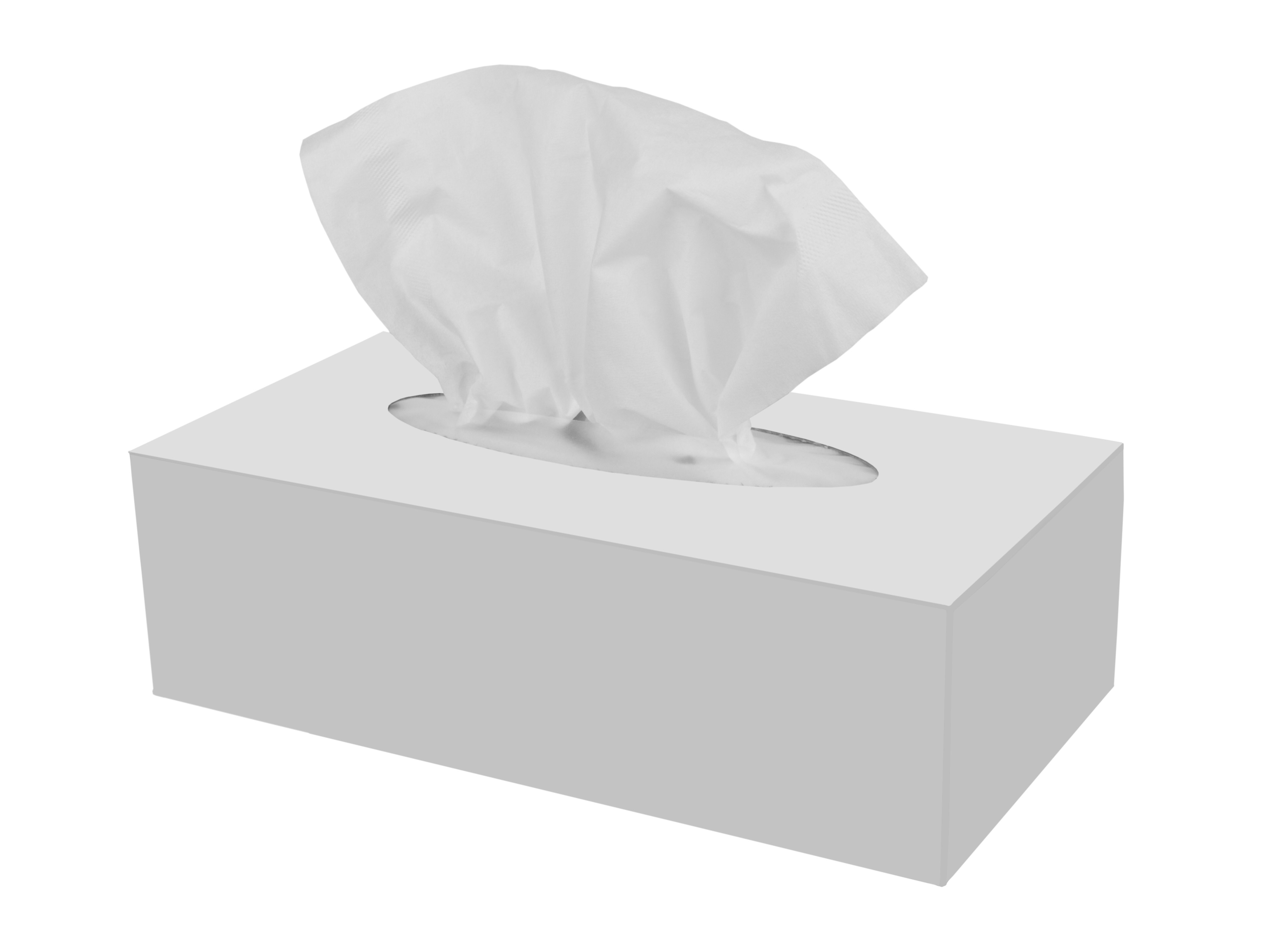[vc_row][vc_column width="1/1"][vc_column_text]By Dr. Gayle Maguire ND
If you find your immune is suffering, it is always worth a check-up with your family doctor and a check-in with your lifestyle. Some of the most important factors for healthy immune systems are listed below:
Protein vs Sugar
Our body requires protein to make immune cells, so make sure you are getting adequate amounts. Alternatively, our immune cell production is suppressed by things like sugar and caffeine, so those should be restricted in those with frequent colds.
Phlegm-Forming Foods
Many adults and children can relate to feeling mucus production in their nose or throats after dairy consumption. In Chinese food therapy, there is an entire category of "damp" or phlegm-forming foods, that may be worth reducing at the onset of a cold. They include surprisingly healthful foods like banana and citrus, which despite other health benefits, may aggravate cold and flu symptoms.
Self-Care
Taking adequate stress controls and getting great sleep are two overlooked areas to improve your body's resiliency to infections. Fresh air, and gentle exercise can go a long way in boosting your health!
Vitamins & Supplements
Some herbal medicines, such as Echinacea, can reduce the duration and severity of viral infections, but must be started at the onset of symptoms for best results. Other herbs and medicinal mushrooms may be more useful to boost your immune system between colds, and a herbal medicine practitioner or naturopathic doctor should be consulted for advice specific to your needs. Many people see improvements in immunity by improving their nutrient intake, especially in Vitamins A & C, zinc, and probiotics, but there are safety concerns that can arise so caution is warranted.
Please book in at AST if you'd like to talk to Naturopathic Doctor about your specific needs.
*This blog is not intended to officially establish a physician-patient relationship, to replace the services of a trained physician, naturopathic doctor, physical therapist or chiropractor or otherwise to be a substitute for professional medical advice, diagnosis, or treatment.[/vc_column_text][/vc_column][/vc_row]


